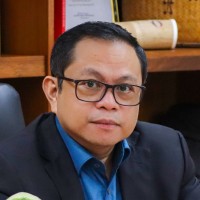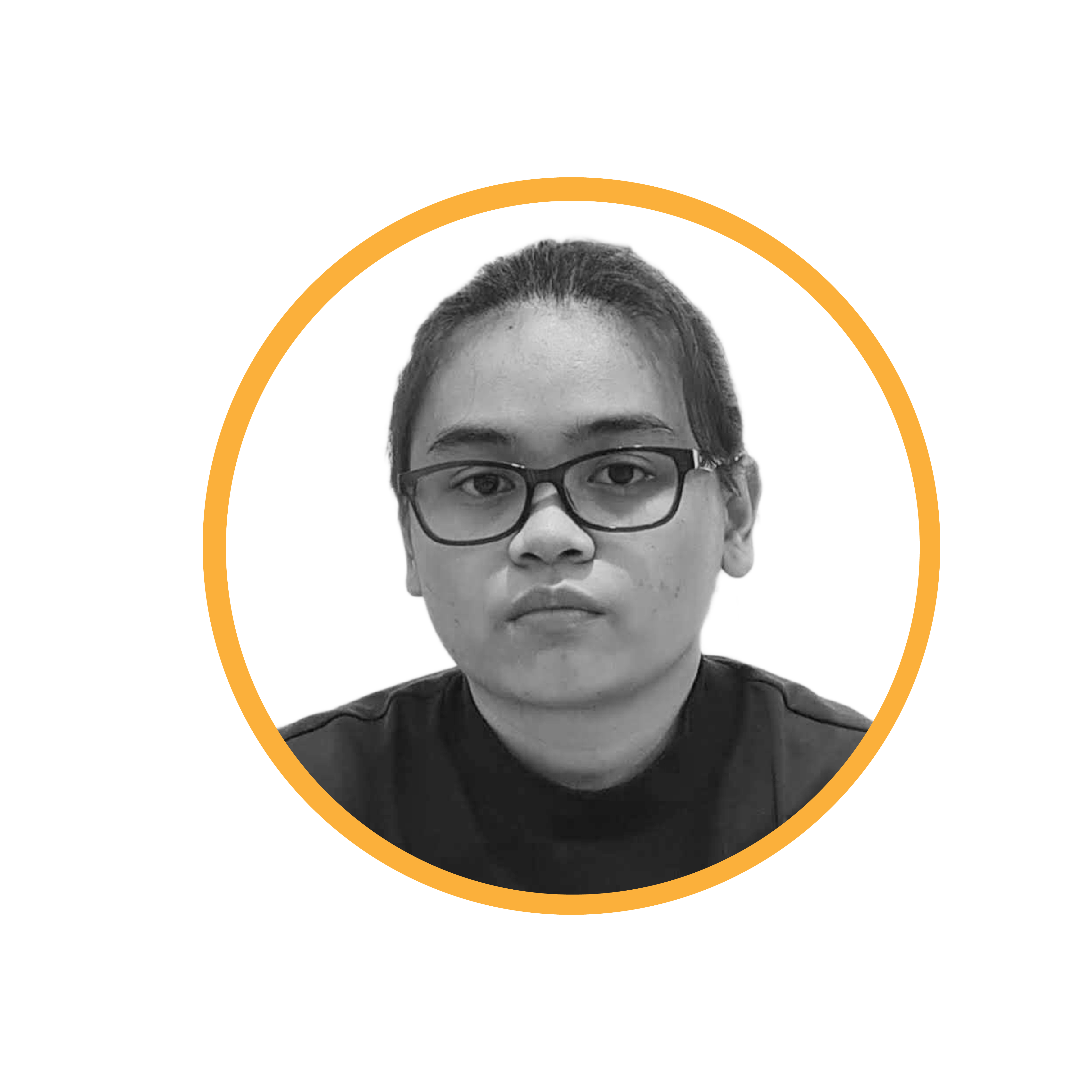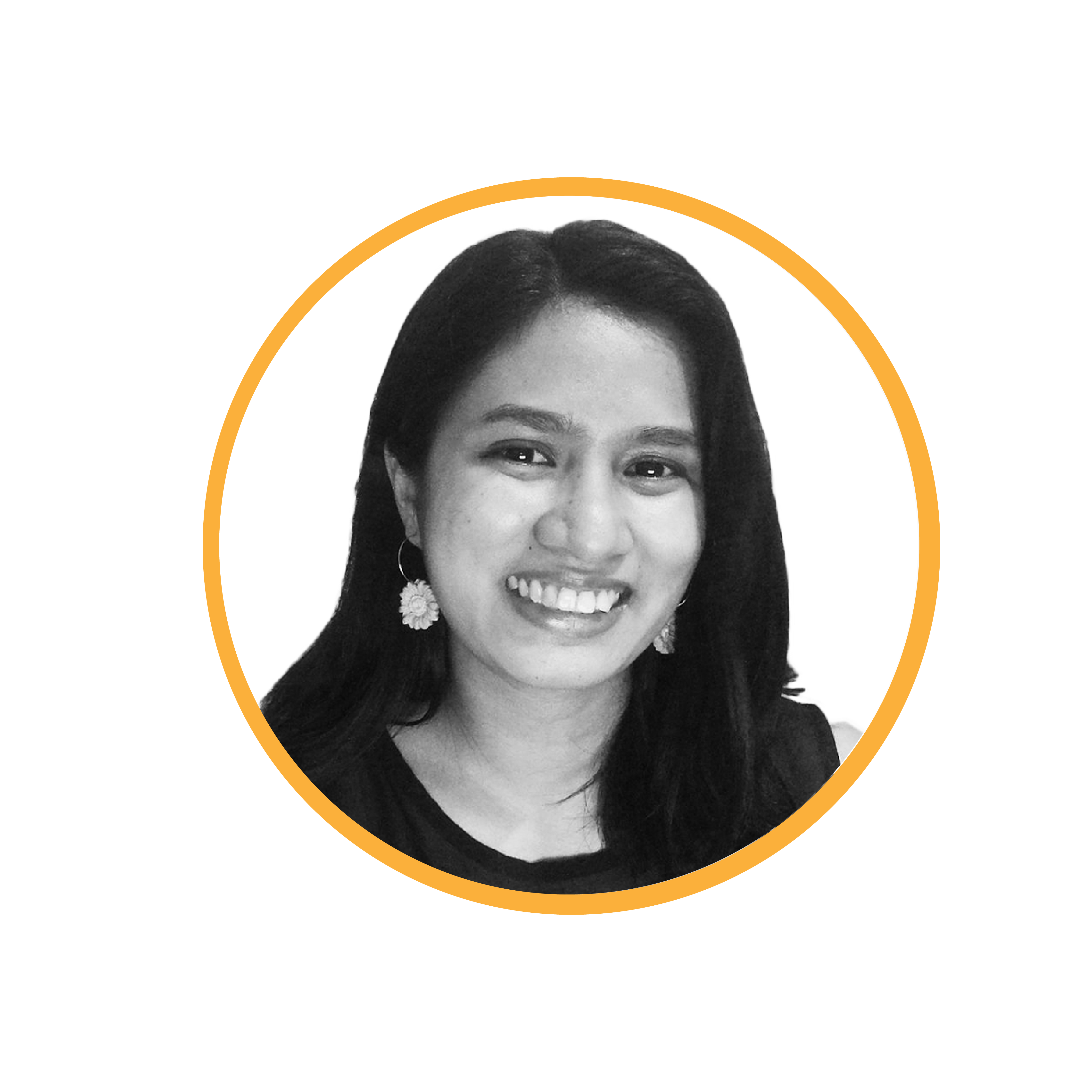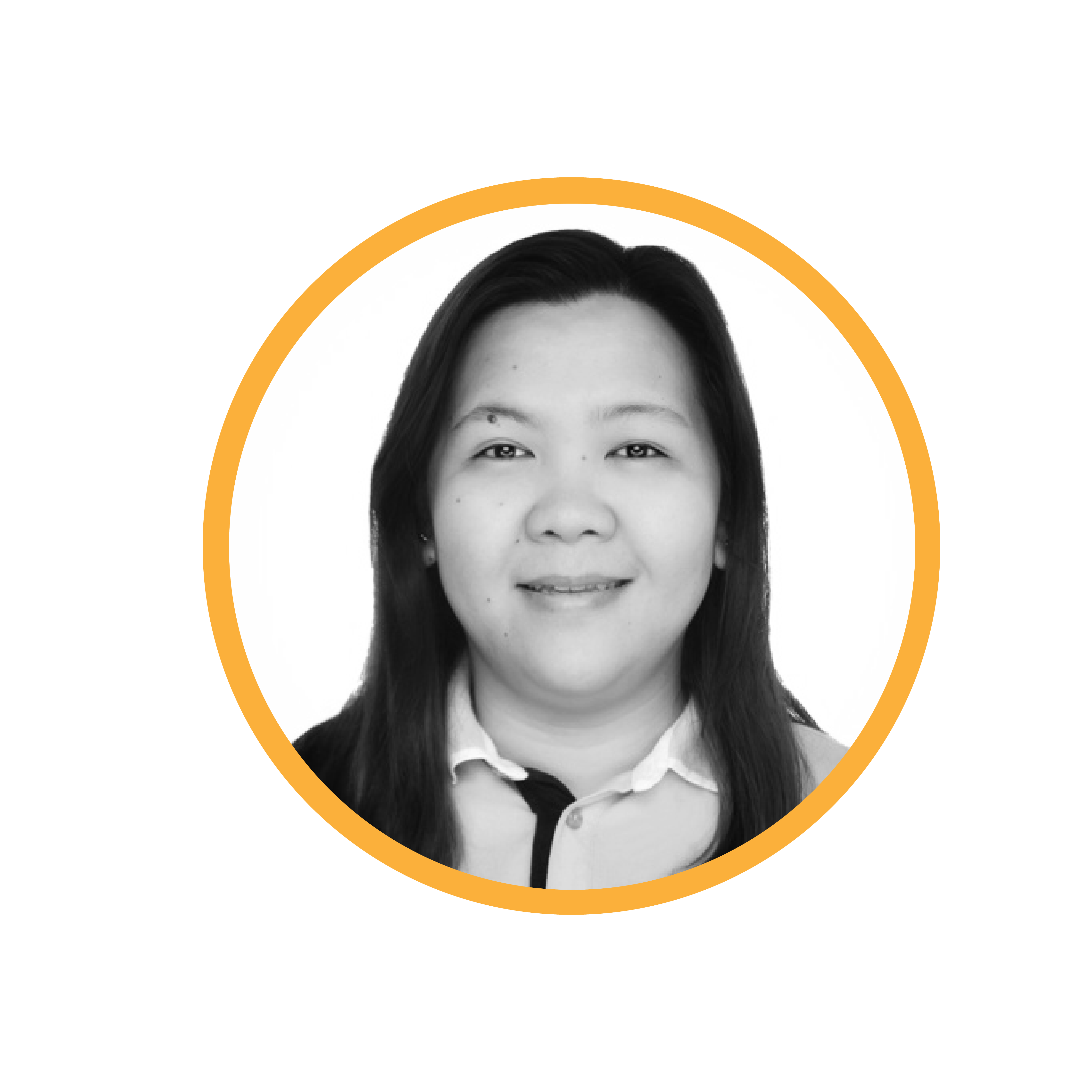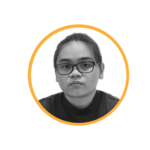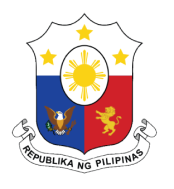The Fourth Industrial Revolution (4IR), according to Professor Klaus Schwab, is different from the previous three revolutions, which were characterized mainly by advances in technologies. It is characterized by the convergence and complementarity of emerging technology domains, including nanotechnology, biotechnology, new materials, and advanced digital production (ADP) technologies. The problem is that decision-makers are too often caught in traditional thinking or too absorbed by immediate concerns to think strategically about the innovations shaping our future.
The government and world leaders need to plan and regulate new capabilities to ensure the security of nations and of their constituents. The best way to prepare as Schwab mentioned is "for the leaders and citizens to shape the future that works for all by putting people first, empowering them and constantly reminding ourselves that all of these new technologies are first and foremost tools made by the people for the people."
The Development Academy of the Philippines (DAP) established the Center for Strategic Futures (CSF) to serve as the futures think tank within the Academy, specializing in integrating futures thinking into policymaking and management by reinforcing its current initiatives on identifying, analyzing and monitoring evolving issues and trends, as well as its implications to sustainable development.
The CSF generates ideas, tools and strategies for engagement, collaboration, training and research to deliver better and more proactive solutions to evolving issues and emerging needs of both the private and public sectors, thereby enhancing the culture and practice of agile thinking, technology and innovation, and anticipatory governance for nation-building.



